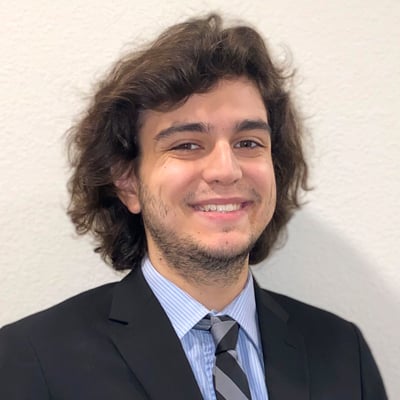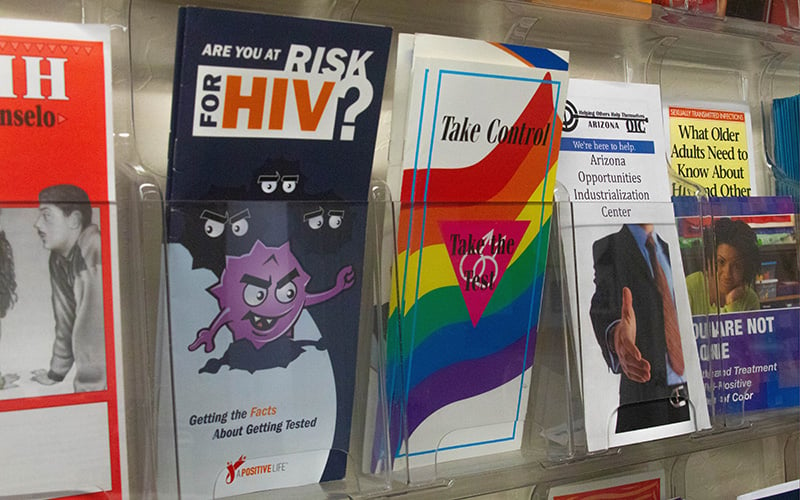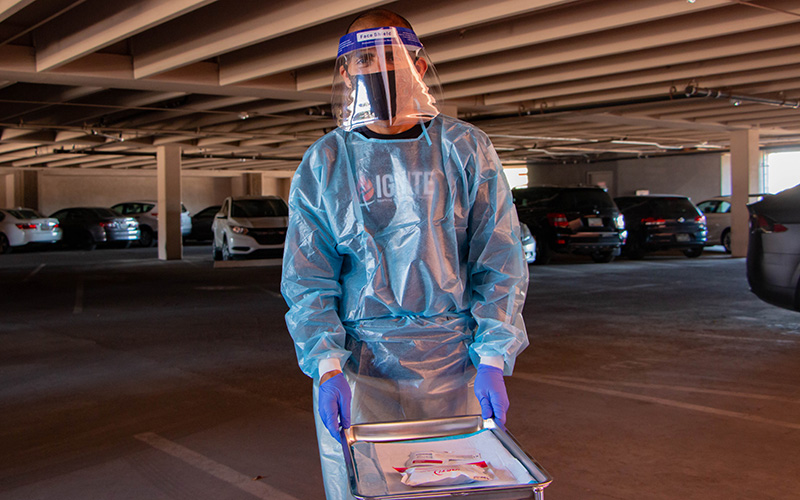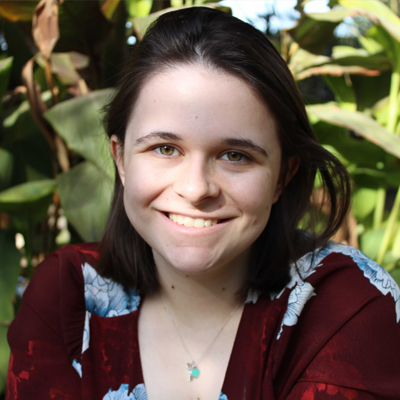PHOENIX – State lawmakers are one step closer to passing a bill that would require parents to give written permission for children to discuss sex and gender identity in the classroom and ban any formal sex education – including AIDS instruction – before the fifth grade.
The bill’s sponsor, state Sen. Nancy Barto, R-Phoenix, calls Senate Bill 1456 “a parents’ rights bill.”
“Parents should not have to worry about what schools are teaching their children about human sexuality,” she said in an email. “Too often parents learn after the fact that explicit or controversial materials were presented without their knowledge or consent.”
However, opponents call the measure a dangerous move backward.
“It’s going to impact the ability of teachers to talk about a wide range of issues that impact all students,” said Sen. Martín Quezada, D-Phoenix. Bills like this, he added, “do more harm than they do good to our kids.”
SB 1456 has moved through the Legislature along party lines – finding staunch Republican support and fierce criticism from Democrats. The bill passed the Senate 16-14, and a House committee gave its approval on March 24. The measure now goes to the full House, where Republicans hold a 31-29 majority, for consideration.
Arizona schools are not legally required to teach sex education; school districts usually make those decisions, and parents can opt out of the instruction for their children.
In addition to changing that opt-out option, Barto’s bill would require school boards to develop procedures to notify parents in advance of any instruction related to sexuality and gender identity.
Madelaine Adelman, a professor of justice and social inquiry at Arizona State University, believes the bill is written in a way that would essentially erase LGBTQ people and topics from classroom discussions.
“‘Gender and sexuality’ – the generic terms here are code for lesbian, gay, bisexual, transgender, and queer young people,” said Adelman, co-founder of the Phoenix chapter of GLSEN, a group dedicated to LGBTQ-inclusive education. “There certainly seems to be a concerted effort to … use children as a proxy here in an attempt to deny the existence of LGBTQ people.”
Barto rejected that argument. “Nobody is being discriminated against. Not one person,” she said during one legislative debate.
The bill also would require written parental consent for students to learn about HIV/AIDS from grades 5 through 12. Critics say requiring parents to opt-in instead of opt-out makes student access to information more difficult.
“Experts understand that opt-in means keep out,” said Adelman, adding that chasing down students for their parents’ signatures only creates more work for teachers.
Adelman also took issue with the notion that parents are denied access to what their children are learning in school.
“Parents always have the right to look at the curriculum,” she said. “There’s untold numbers of committees and processes that we go through to create public school education.”
Barto’s bill comes two years after Gov. Doug Ducey signed a measure repealing a 28-year-old law that prohibited any instruction that “promotes a homosexual lifestyle, portrays homosexuality as a positive alternative lifestyle, or suggests that some methods of sex are safe methods of homosexual sex.”
Today, the state legislature fully repealed anti-LGBTQ legislation regarding HIV/AIDS curriculum with strong bipartisan support. This repeal means students will no longer be denied access to medically accurate, science-based information regarding HIV/AIDS. pic.twitter.com/7RQWCZmcDS
— Kathy Hoffman (@Supt_Hoffman) April 11, 2019
For some, Barto’s bill feels like payback.
“I think that (Republicans) were very unhappy that we had to pass that law,” said Quezada, who sponsored the 2019 measure. “This is them kind of striking back in response.”
According to an annual report by the Arizona Department of Health Services, more than 18,000 people are living with HIV/AIDS in Arizona, and people of color are disproportionately represented.
“I find it very, very painful that there’s a group of people who are trying to make it even more difficult for our young people to understand how their bodies work (and) how to stay safe,” Adelman said.




